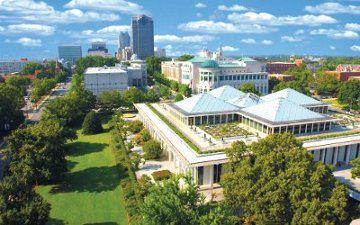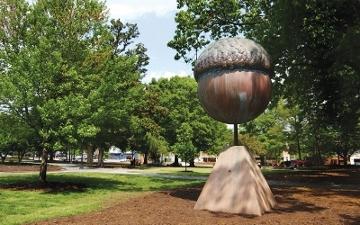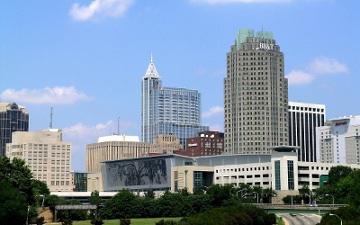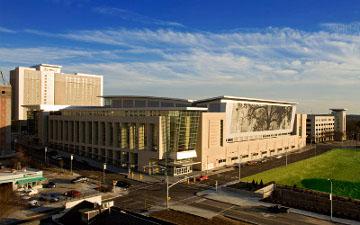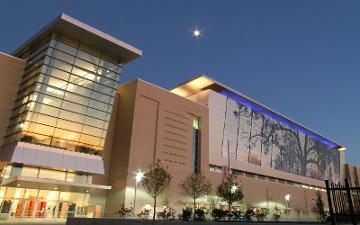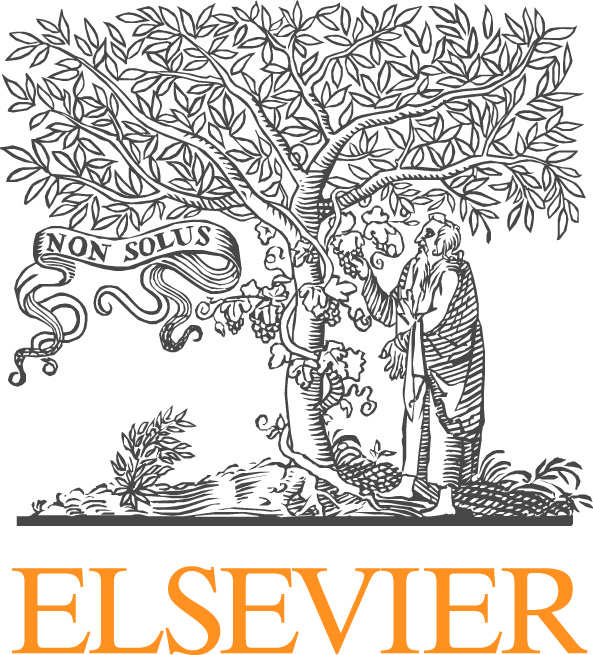
Multiscale Methods and Nonlocal Theories for Complex Material Behavior
Pablo Seleson, John Foster, Florin Bobaru
The complexity of heterogeneous/anisotropic materials’ response in the dynamic regime requires the development of novel mathematical models and computational algorithms. Such models and algorithms are essential in advancing the Material Genome Project aimed at designing new materials based on predictive capabilities in modeling failure/damage initiation and evolution. The materials’ microarchitecture and dynamic loading often induce coupling of spatial and/or temporal scales. It can be argued that nonlocal models of materials connect, in effect, the micro-scale of a process zone to the
macro-scale by correlating the nonlocal region and the macro-scale material properties. Nonlocal models can be used to coarse-grain molecular dynamics, potentially serving to couple the atomistic scale to the continuum scale. Nonlocal theories that do not involve spatial derivatives can naturally be used in problems involving discontinuous fields, including fracture and fragmentation. This minisymposium invites contributions on recent developments on nonlocal formulations and multiscale modeling.
Topics:
1. Nonlocality in material failure and damage
2. Nonlocal heat transfer and mass diffusion
3. Dynamics of damage in fiber-reinforced composites, heterogeneous media, and granular materials
4. Coupled models and bridging spatial and temporal scales
5. Nonlocal modeling and connections to classical local theories
6. Numerical analysis of nonlocal and multiscale methods
7. Computational algorithms and discretization schemes in nonlocal models
8. Applications
